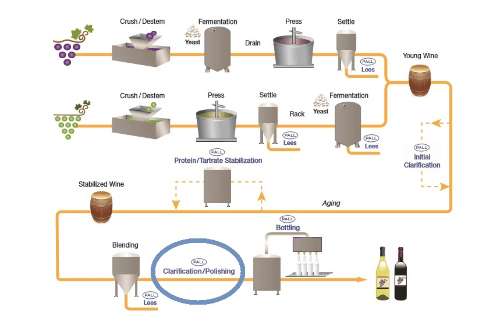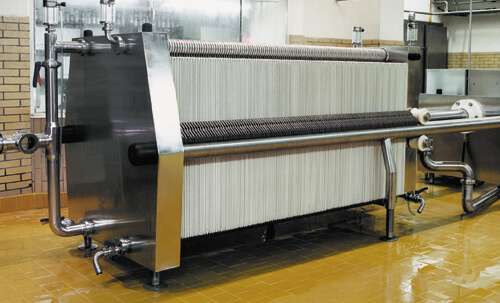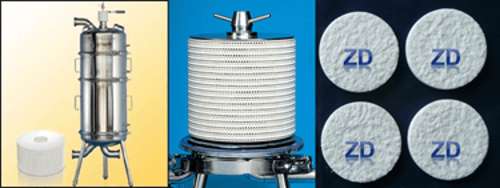Why is wine polishing filtration needed?
After primary clarification, stabilization and maturation, fining agents, crystals, colloids and bacteria may still be present. Wine polishing filtration is designed to remove these substances to produce a brighter wine with improved filterability This improvement will ensure that the final filtration step, to remove unwanted microbial contaminants immediately prior to bottling, is successful.
If a wine has recently been clarified with a crossflow filter or other clarifying filter, polishing may not be needed prior to final filtration at bottling. However if the time between wine clarification and bottling is too long* the wine’s filterability may decrease and polishing filtration will be needed to permit successful final filtration.
*Time interval: 2-3 days up to several weeks depending on wine style, wine pH, variety and other factors.
At larger wineries some wines may be polished prior to shipment to an offsite bottling location or for bulk international shipment.
Ready to learn more? We can help find the right wine filtration solution for your needs. Contact us.
Increase the Efficiency of Final Filtration
Sheet based filtration products are typically used for polishing filtration in winemaking. These products are comprised of a mixture of materials including cellulose, diatomaceous earth and perlite that provide an excellent combination of adsorption, surface and depth filtration.
Key attributes of a good polishing filter are:
- Removal of undesirable colloids which are strongly linked to membrane fouling*
- Microbial reduction, to reduce the load on wine pre-filters and final filters at bottling
- Maintains organoleptic properties
- High yield
- High flow rate
Traditionally the preferred format for this media is a flat sheet. As a consequence many wineries still use a filter press similar to the one below for this purpose.
* (Czekaj, P., López, F. & Güell, C. (2000) Journal of Membrane Science, 166, 199–212).
While effective, flat filter sheets do have disadvantages.
Filter sheets configured in a plate and frame unit are an open system.
- This potentially exposes the wine to risk of contamination from the outside environment.
- With multiple sheets assembled in parallel, installation and assembly is labor intensive.
- Additionally, with sealing dependent on the operator and equipment maintenance, edge leakage is common and results in product loss and unsanitary conditions.
Pall has responded to these drawbacks, by introducing unique technologies in enclosed housings to improve performance in polishing wine.
- SUPRApak™ depth filter modules, the newest development in sheet filtration technology are designed to give winemakers a superior option for reducing costs and improving yields. Especially useful for high volume wine production, one SUPRApak housing can replace up to 150 60cm x 60cm sheets.
- SUPRAdisc™ ll stacked disc depth filter modules are a design optimization of the traditional "Single Cell" lenticular modules which launched to the market in the 1980s. With the unique capability to be cleaned and back-flushed, these modules meet the needs of the small to medium winery perfectly.
- Both of the aforementioned technologies are now also available in our new Zero DE (ZD) format. ZD media allows the user to remove diatomaceous earth from their process.
For more details on all of the above products click HERE.
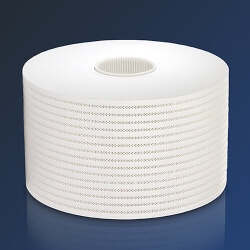
SUPRApak™ Depth Filter Modules
SUPRApak depth filtration enters a completely new generation with a unique flow configuration called “edge flow”. This cost-effective technology will revolutionize depth filtration in the food and beverage sector.
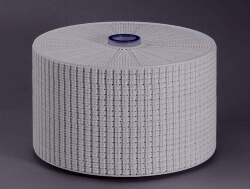
SUPRAdisc™ ll Depth Filter Modules
SUPRAdisc II modules eliminate the disadvantages of classic stacked disc modules. They offer increased capacity, reliability, handling advantages, and robustness, which satisfies customer needs and requirements for a higher performing product.
